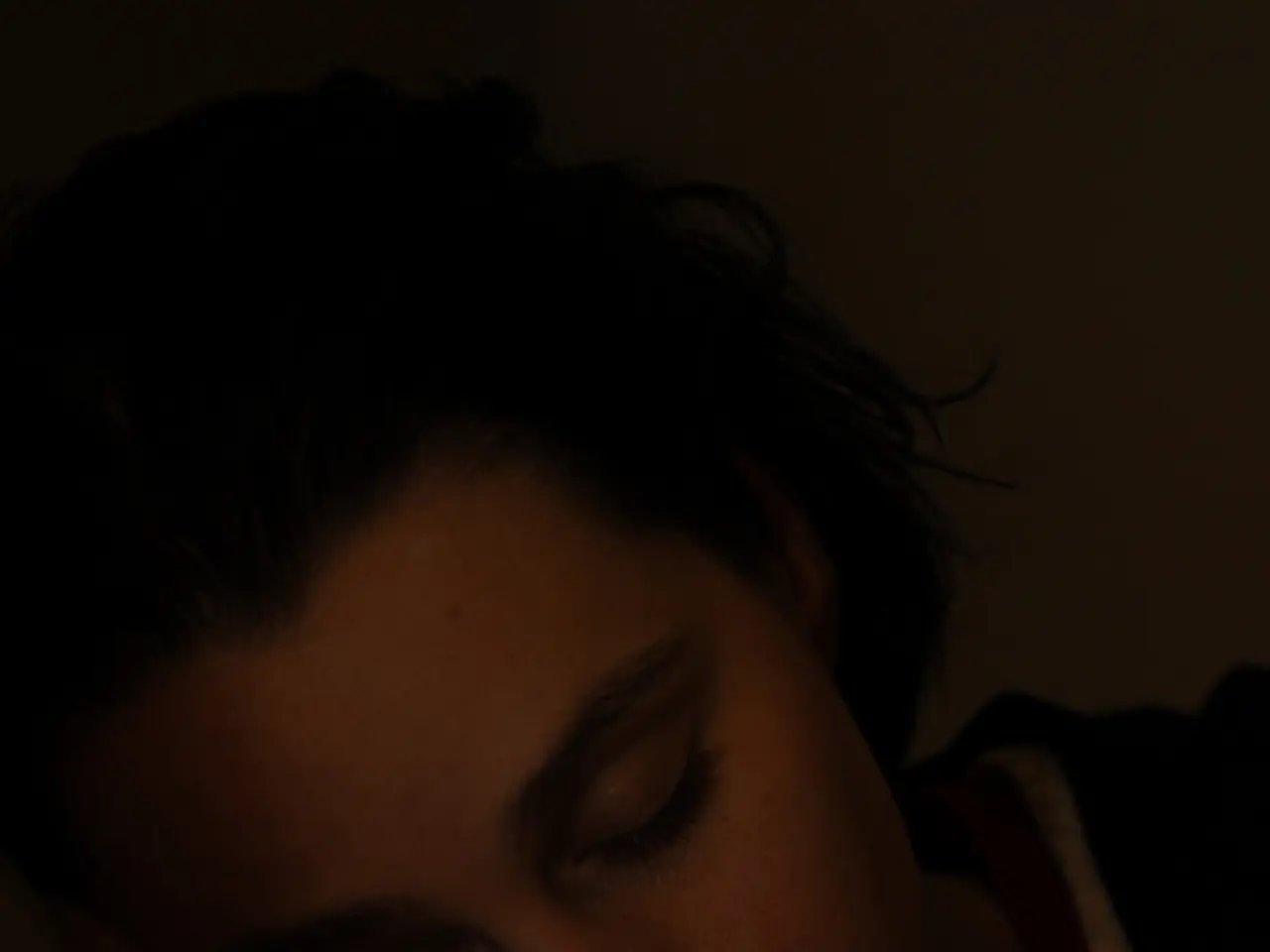Unfulfilled Sleep Promises in Tech: Reason Behind Ongoing Sleepless Nights?
In the modern world, tech companies are increasingly focusing on sleep tracking, with devices ranging from smart rings to AI-enabled mattresses and pillows. However, it's essential to understand that these tools, while useful, are not the definitive solution for improving sleep quality.
While wearable sleep trackers can modestly increase sleep duration by promoting behavioral changes, they do not fully address the root causes of poor sleep or achieve significant improvements beyond that. One key reason for this is the limited accuracy of consumer devices, which often overestimate or misidentify sleep stages, providing incomplete or sometimes misleading sleep insights.
Moreover, sleep trackers show what happens during sleep but not why disturbances occur. The underlying causes of poor sleep could be due to medical conditions, psychological issues, or lifestyle factors that the devices cannot diagnose or treat. For some people, obsessing over sleep data can worsen insomnia by creating performance pressure and worry about achieving "perfect" sleep scores.
A more effective approach focuses on behavioural and environmental changes that improve sleep quality sustainably. This includes maintaining a regular sleep and wake time schedule, creating a comfortable sleep environment (e.g., dim lights, quiet, cool temperature), avoiding screens and stimulating activity before bed, reducing caffeine and alcohol intake, especially close to bedtime, and using relaxation techniques or expert guidance to address psychological barriers like anxiety about sleep.
In summary, wearable sleep trackers can serve as helpful tools for increasing awareness and motivating slight behaviour changes but do not replace comprehensive strategies targeting sleep hygiene and mental health. Expert support and personalized behavioural interventions remain the most effective ways to improve sleep quality long-term.
So, the real "flex" is being able to call it a day, or go to sleep, consistently, rather than focusing on sleep tracker scores or apps. The Oura ring and pillow app are tools for tracking sleep, not measures of success or accomplishment. Dr. Ragavendar warns against pushing sleep deficits back by more than 48 hours as it increases stress hormones like cortisol, leading to poor sleep quality.
In addition, some people believe eating two kiwis before bed can help with sleep, while eating an hour before sleeping is part of the formula for good sleep. A Japanese home-goods shop is promoting bedsheets that lower temperature by one degree, providing a cooler sleep environment. Spotify has playlists for white noise, whale sounds, and music to help with sleep, offering a calming environment to aid in drifting off to sleep.
Ultimately, rest isn't something to strive for or compete in; it's something to surrender to. By focusing on creating a sleep-friendly environment, maintaining a consistent sleep schedule, and taking care of our mental and physical health, we can improve our sleep quality and wake up refreshed and ready to face the day.
- In the realm of health-and-wellness, some people believe that consuming two kiwis before bed could potentially aid sleep.
- Technology companies like Spotify have created playlists featuring white noise, whale sounds, and calming music to assist in achieving a restful sleep.
- Instead of solely relying on sleep trackers, such as the Oura ring and pillow app, we should focus on fostering a sleep-friendly environment and maintaining a consistent sleep schedule for optimal sleep quality.
- A Japanese home-goods shop promotes bedsheets that lower the sleep temperature by one degree to promote a cooler environment conducive to better sleep.




